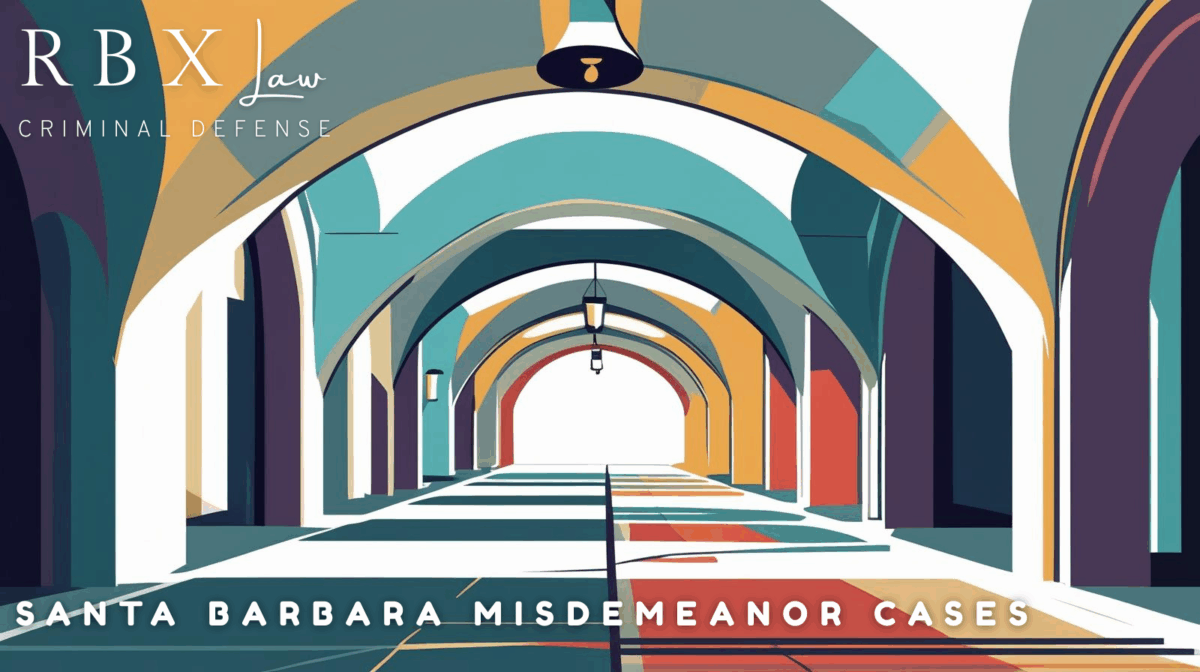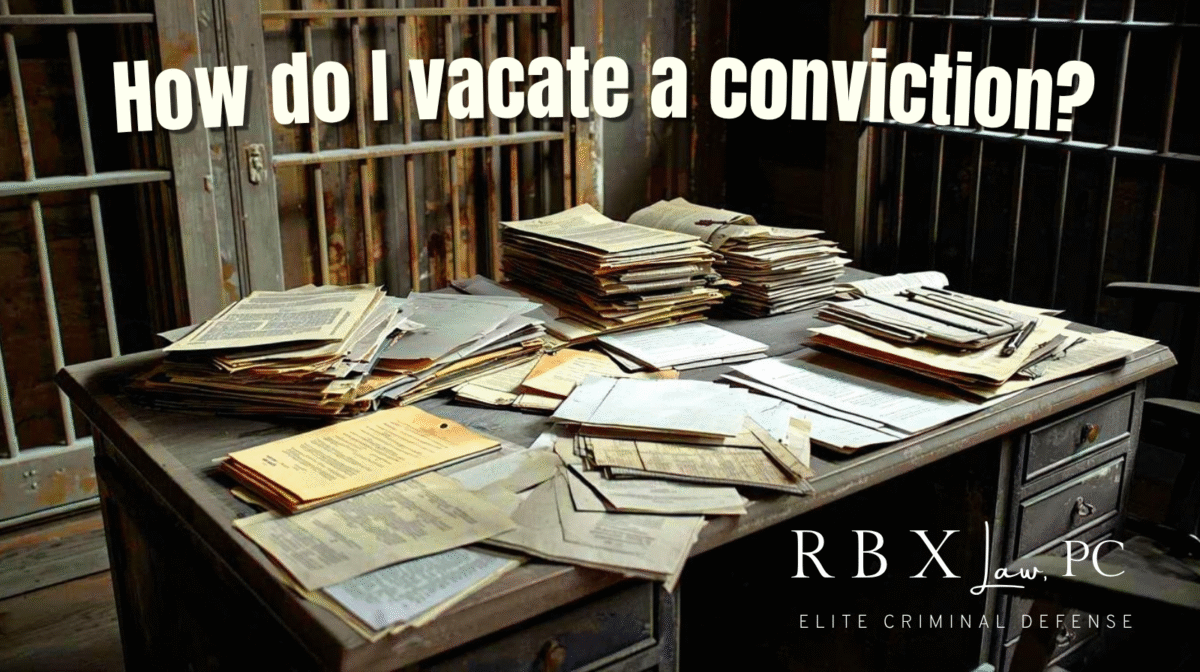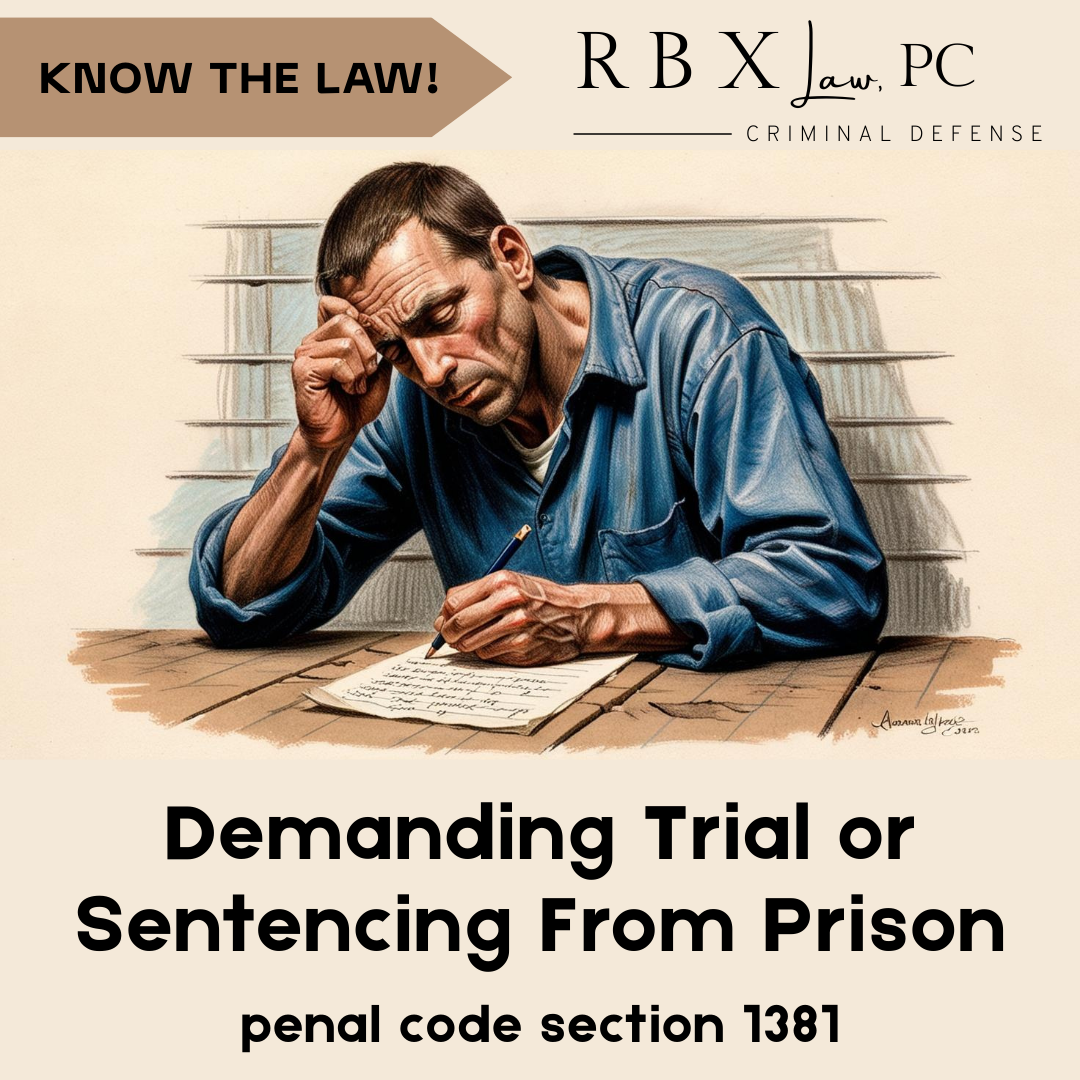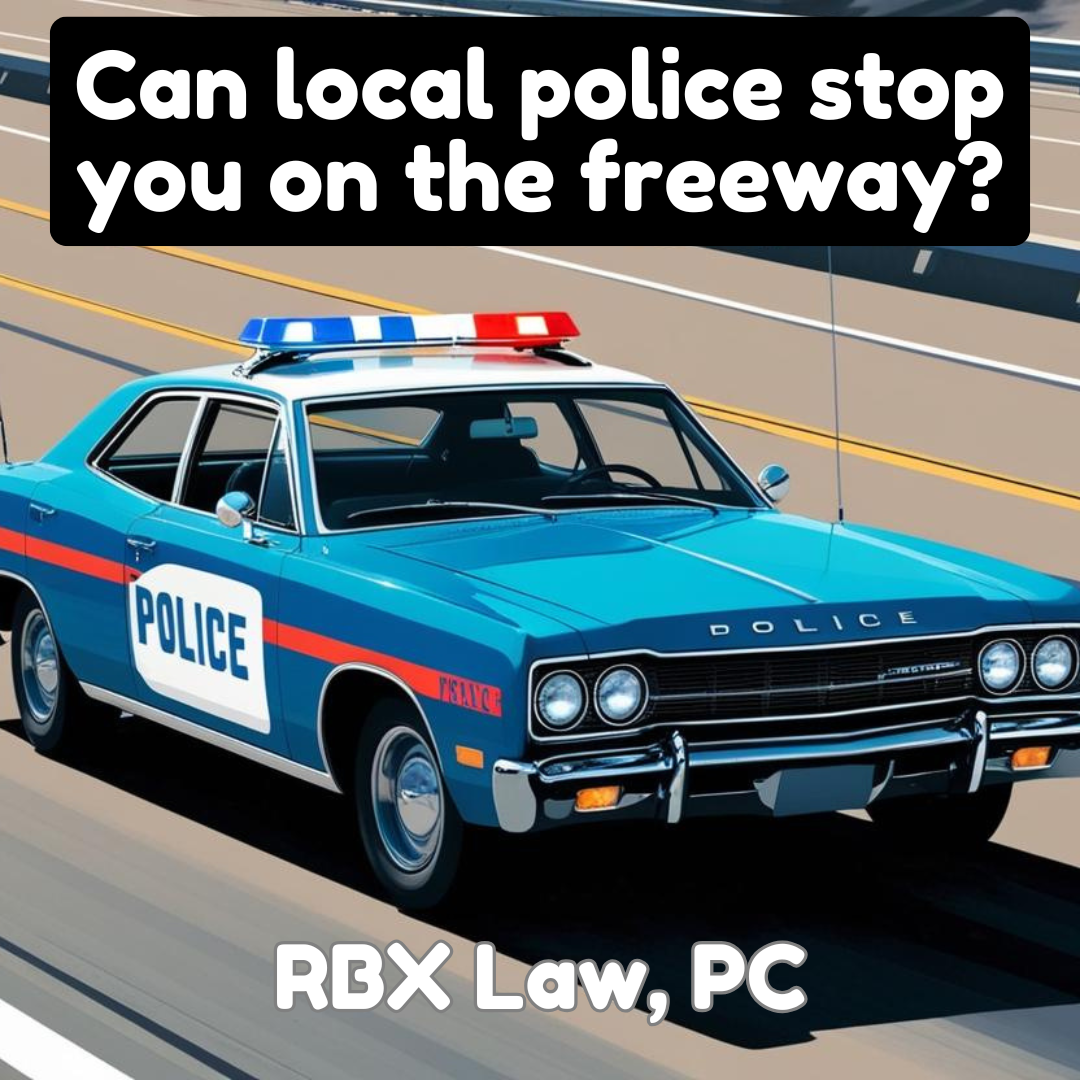California has three levels of case: felony, misdemeanor, and infraction. Misdemeanors are lower level criminal offenses punishable by a maximum of one year (364 days) in county jail. There are hundreds of different crimes that are misdemeanors. The most common misdemeanor cases in Santa Barbara are driving under the influence, battery, including domestic battery, drug possession, and property crimes.
Santa Barbara Misdemeanor Arraignment
All misdemeanor cases in Santa Barbara start in the arraignment court. Santa Maria and Santa Barbara have designated arraignment courts. As of January 2026 Santa Barbara’s arraignment court is Department 8 and Santa Maria’s arraignment court is Department 9.
Post-Arraignment
After arraignment Santa Barbara misdemeanor cases are assigned to the misdemeanor trial department. The trial departments can change depending on court assignments and staffing. As of January 2026, Santa Barbara’s misdemeanor court is Department 6 and Santa Maria’s misdemeanor court is Department 3.
Resolving a Misdemeanor Case
There are a number of ways to resolve a Santa Barbara misdemeanor case.
Conviction with jail time and probation
This is usually the worst outcome in a criminal case. The length of probation and amount of jail time depend on the facts of the case and case type. For example, driving under the influence convictions have a mandatory 3 year probation and mandatory jail time.
Conviction with probation
You may be able to avoid jail time by immediately addressing the issues that lead to your arrest. For example, if you are arrested for DUI , you can attend AA meetings. If you are arrested for domestic violence, you can complete a domestic violence course. The prosecutor can consider this conduct in deciding the outcome of your case. Even if you are sentenced to jail, you may avoid actual jail time with alternative sentencing.
Conviction of reduced charge
Typically only the prosecutor can decide to lower or reduce charges. For example, only the prosecutor can reduce a driving under the influence charge to a wet and reckless. The prosecutor can consider a number of factor in deciding to reduce a charge, including lack of evidence, the defendant’s good conduct and reform, and the defendant’s immigration consequences.
Diversion
Diversion is usually an excellent option in misdemeanor cases because it results in a full dismissal of the case and removes the record of arrest. A judge can grant diversion even if the prosecutor does not agree. The defendant must agree to waive their right to a speedy trial and agree to the diversion terms.
Earned Dismissal
The prosecutor might agree to dismiss the case if the defendant completes a specific act or acts. For example, for public intoxication charges, the prosecutor may agree to dismiss the charges after the defendant completes some AA meetings. The Santa Barbara District Attorney has a pre-filing diversion program called the Neighborhood Restorative Justice Program.
Dismissal
Most criminal charges are not dismissed. However, the prosecutor can dismiss charges if there is a lack of evidence, as part of a plea negotiation, or if is clear the defendant is innocent.
The judge also has the power to dismiss charges in specific circumstances. One example is Penal Code section 1473.7, which allows a Judge to dismiss a case after a vacated plea. The Judge also has the power under section 1385 to dismiss a case if it is in “the interests of justice.”










